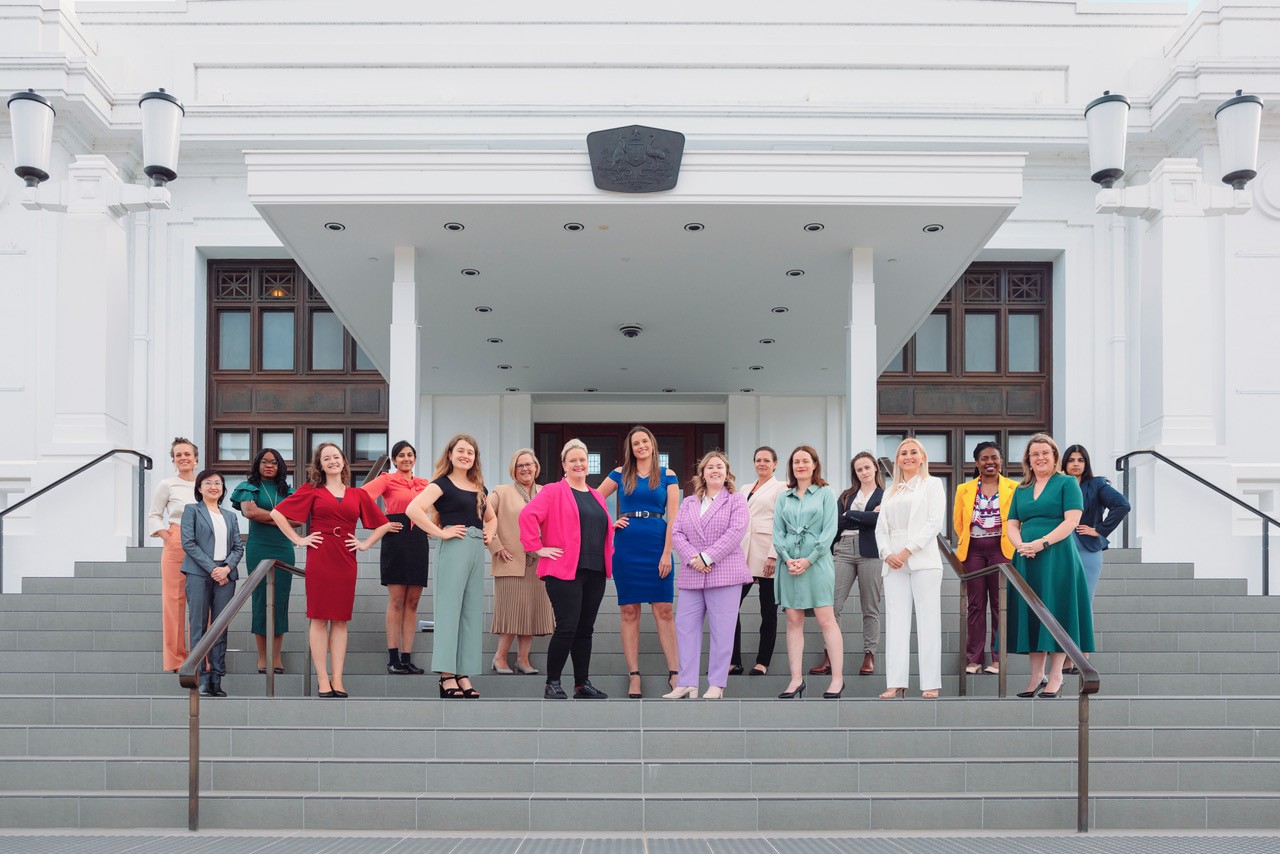The repeated image around Australia’s national response to COVID-19, is of three men. Gathered in front of TV cameras, Prime Minister Scott Morrison, Health Minister Greg Hunt and Chief Medical Officer Brendan Murphy have been the public faces of the crisis which is engulfing Australia and the world.

Sharon Lewin
Yesterday, Mr Morrison also announced a new COVID-19 Coordination Commission whose purpose is to “better coordinate the efforts within and between the public and private sectors”. While the board membership is not fully settled, currently there are six men and two women: Jane Halton (former secretary of Departments of Finance and Health) and Catherine Tanna (Energy Australia). This disproportionate representation of women is not only insulting, but sits in stark contradiction of the government’s own policy is to achieve 50/50 representation of women on all government boards. Such a policy, if it is worth having, should apply at all times. Particularly in times of crisis, when every sector of our community is affected by the decisions this commission will make.
Where have the women been to date in terms of public leadership? The States provide a few notable exceptions – Annastacia Palaszczuk and Gladys Berejiklian are clearly taking the lead in their respective jurisdictions. But women have been far less visible in our national response. So far the national voice of authority about what is happening and what steps Australia is taking has been a line-up of suits. Professor Sharon Lewin, leading infectious diseases expert and director of the Peter Doherty Institute was one of the panelists on ABC’s Q&A on Monday evening. She is an exemplary example of strong female leadership – if only we were to see more of her.
Meanwhile, the moving footage of Dr Emily Landon, chief infectious disease epidemiologist at the University of Chicago Medicine, taking to the stand with a seven-minute speech that went viral is a reminder of the power of language when a woman’s multifaceted range of communication skills are deployed. Dr Landon’s layered delivery weaves expertise, integrity, authority and compassion in a way we rarely see here in Australia.
This moment serves as a reminder that we need to see and hear from more women experts who are non-political, non-partisan and whose words the community will be more inclined to trust. This is particularly important right now given the ample research that confirms politicians in Australia are neither trusted nor believed.

Deborah Birx
In the US it has been instructive to see the mix of calm authority and empathy that Deborah Birx, the White House’s coronavirus taskforce co-ordinator, has brought to Donald Trump’s daily media briefings. (Even more fascinating are her facial contortions as she watches Mr Trump ad lib his way through media questioning.)
Why should this matter?
There are two significant reasons. The first relates to the health of our democracy and the breadth of our understanding of representation and leadership. Women make up (slightly more than) 50 per cent of the population and, as a matter of justice and equity, those women with the necessary expertise and experience (and they are out there) should be leading alongside their male counterparts.
Moreover, how can we possibly attempt to respond to the huge unknown policy and logistical challenges that the COVID-19 pandemic is throwing at the community, while effectively excluding half of the population from key decision making?

Jane Halton
Certainly, we need the experts in infections disease to be central to decision making (and there are many women in these fields) but we also need the diverse population to be reflected to ensure that varied life experiences are taken into account with the impact of the decisions flowing from that expert advice.
There are clear gendered implications of COVID-19 that have been discussed in these past few weeks, both in Australia and at a global level. Women form a large group within those experiencing poverty and hardship stemming from loss of income. This means an additional burden is placed on women, particularly single women, and their children. Is the lack of equal numbers of women in positions of leadership part of the reason why?
Most State and Federal budgets are gender blind – that is, they are ignorant of the very different impacts of budget measures on women.
The national response has not yet paid sufficient attention to the specific impact on domestic violence – which is destined to increase as a result of social isolation. Most State and Federal budgets are gender blind – that is, they are ignorant of the very different impacts of budget measures on women that stems from the prevalence of part-time, often precarious work, in low-paid sectors, along with the additional burden of unpaid work in the home.
It is of critical importance that politicians, in their ongoing responses to COVID-19 apply a gender lens to the billions in fiscal stimulus that recognises that women and men may need different things to get through this crisis.
The unacceptable gender imbalance in leadership of our country’s national response to the COVID-19 pandemic should give us pause to think about power and authority, about decision making and rule setting and whether women’s very specific needs are being taken into account. Let’s see some more of Australia’s outstanding women visibly leading, out in front, starting with the yet to be announced additional members of the COVID-19 Coordination Commission.
This article was also published in the Canberra Times, 26 March
Kim Rubenstein is a Professor in the Faculty of Business Government and Law at the University of Canberra, which has supported the production of the new podcast series It’s not just the vibe, It’s the Constitution. She is a Fellow of the Australian Academy of Law and the Academy of Social Sciences in Australia.





